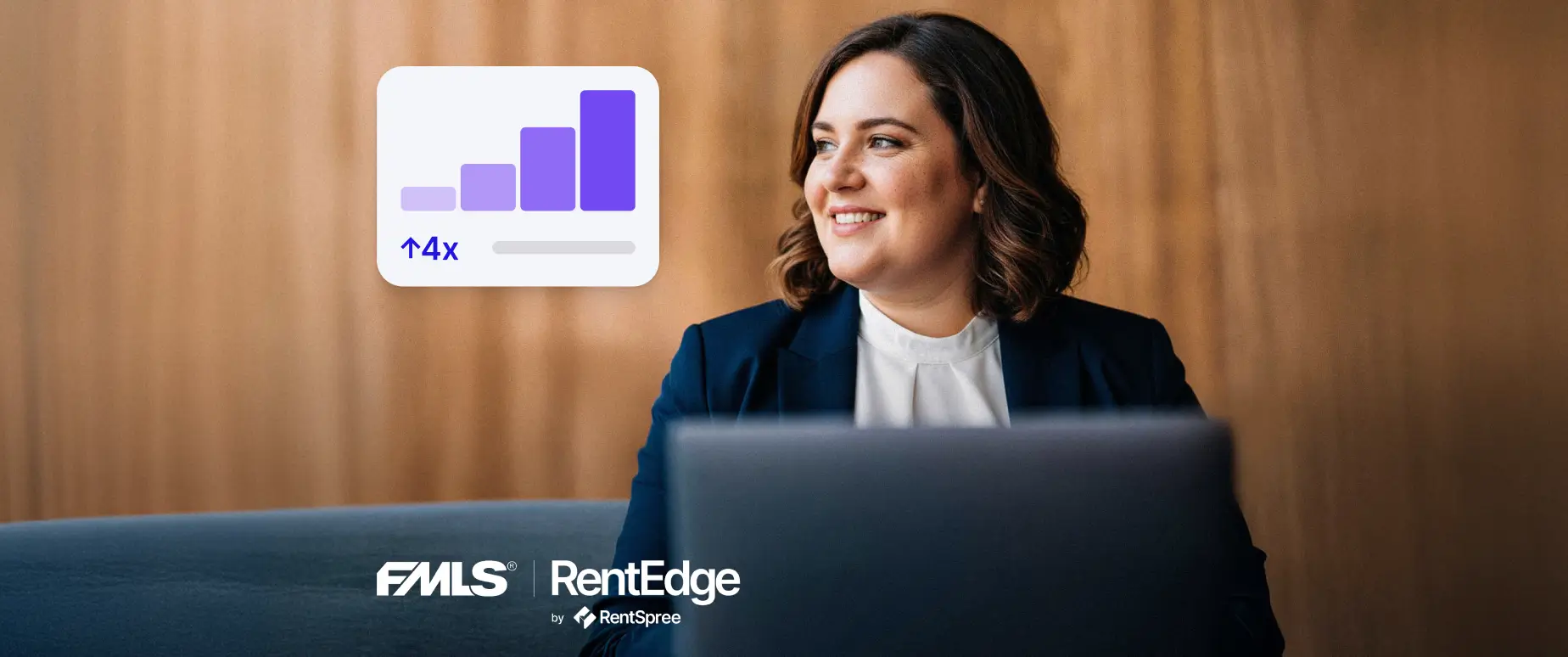In order to make good decisions about your next tenant, you need a solid plan for gathering and vetting their personal, financial, and employment information. Follow our three steps to learn how to pre-screen tenants effectively, including what questions to ask, what information to request, and how to make your requirements clear to your potential applicants.
Finding a great tenant takes time and effort. However, no one wants to waste time or money on applicants who do not meet at least minimum requirements. These minimum requirements are called tenant screening criteria.
What are tenant screening criteria and why are they important?
Tenant screening criteria are a set of minimum requirements applied to all applicants equally and consistently which must be met in order to be considered for tenancy. Tenant screening criteria are important because they provide transparency and openness to the selection process and moreover, create a substantial guard against any discrimination claims.
How to pre-screen tenants and when are tenant screening criteria used?
Screening criteria can be used as part of a pre-screening process to save both time and money. Pre-screening applicants will streamline the process, significantly save time and result in a higher quality pool of prospective tenants to vet.
What steps are involved in pre-screening an applicant?
There are three important steps to follow when pre-screening applicants applying to rent or lease a property.
- Establish screening criteria beforehand, along with lease requirements
- Conduct an over the phone interview prior to showing the property and make sure to: a) Provide initiatory specifics about the property, and b) Ask pre-screening questions to clarify the applicants needs and to see if they meet your minimum rental application requirements
- Provide details and information regarding the rental application process for applicants passing the pre-screening interview
1. Establish screening criteria along with the lease requirements.
Every property has its own unique value and qualities. So, the lease requirements must make sure the property is maintained in its best condition, even when used over time as a rental. For reference, some common screening criteria might include:
- Whether to allow smoking
- Whether to allow animals (Does not include emotional support or service animals with documentation). If animals are allowed, an animal policy should state what will or will not be accepted. Might include how many, sizes allowed, barred breeds and requirements regarding pet deposits.
- Lease term (annual, month to month, etc.)
- Income Requirement Criteria (utilizing an income to rent ratio)
- Deposit Requirements
- Rental History Criteria
- Employment History Criteria
- Credit Score History
- Payment History
- Non-medical collections
It is highly recommended that you consult with an experienced landlord tenant attorney in creating your screening criteria to ensure you adhere to all applicable laws and regulations.
2. Conduct an over the phone interview prior to showing the property
Ask pre-screening questions to clarify the applicants' needs, and to see if they meet the minimum screening criteria.
Start by providing information about the property and asking the applicant what specific things they are looking for or needing in a place to live. Information regarding appliances, available storage space, parking, anticipated move-in dates, expected length of stay all help clarify the applicant’s needs. Applicants desiring certain or specific amenities will be able to decide right away if the property will be a good fit for their needs and family.
If animals and smoking are allowed, it should be clearly stated upfront. If tenants are expected to pay utilities or other expenses, that should be made known as well. Applicants who are still interested may then be asked additional questions to see if they meet minimum screening criteria.

Here are some potential questions to ask and why
- Where do you work and how long have you worked there?
Applicants with a scattered employment history are red flags. Look for a few years of work history with the same employer. A work history of more than two years with an employer shows stability and indicates a likelihood to stay in the area longer and renew their lease for multiple terms. - What is your approximate monthly gross income?
Are they able to pay the security deposit plus the first month's rent at the lease signing? Every landlord requires that the rent be paid on time. The applicant must have enough sustained, adequate income to regularly pay the rent on time and to provide security and coverage for any damage to the property. - How long have you been at your current home? What is your reason for moving from the previous residence?
Applicants with a history of moving frequently present a red flag and indicate a concern. Lack of stability can be produced by a myriad of causes, few of which work to the landlord’s benefit. Tenants with a stable rental history are more likely to stay for multiple terms based on how long they have lived at previous residences. - Had any evictions? If yes, explain.
An eviction from a property suggests many issues, including the inability to pay and other lease contract violations. - What is your estimated credit score? Do you have any judgments, lawsuits, liens or bankruptcies?
Applicants need to show an established credit history. Landlords are, in fact, just another creditor. A poor credit history is a good indicator of how future creditors will be treated. - Are you currently in a lease contract? Does the contract conflict or interfere with the desired move-in date?
Applicants who knowingly and consciously violate their legal obligations are a red flag. Attempts to violate current obligations indicate that the applicant may be as willing to violate future lease contract agreements. - Can you provide references from your employers and former landlords?
Good references are essential and necessary for any applicant expecting to qualify for a lease.
3. Explain the application process
Third, provide some details and information regarding the rental application process for applicants passing the pre-screening interview. Applicants will need to know information about how online rental applications and documentation will be collected, any deadlines that need to be adhered to and when they will be able to personally view the property. Also, any information regarding when a final decision will be made and how successful candidates will be notified.
Applicants who pass your pre-screening process typically make good renters. If you’re unsure of what a rental application consists of, we’d recommend checking out this resource.
Screen and lease with confidence
Find qualified tenants faster than ever with results you can trust.


Related posts
Want to make rentals easier to manage?
Save time on marketing, screening, and payments. Join over 2 million agents, landlords, and renters using RentSpree.





.jpg)

